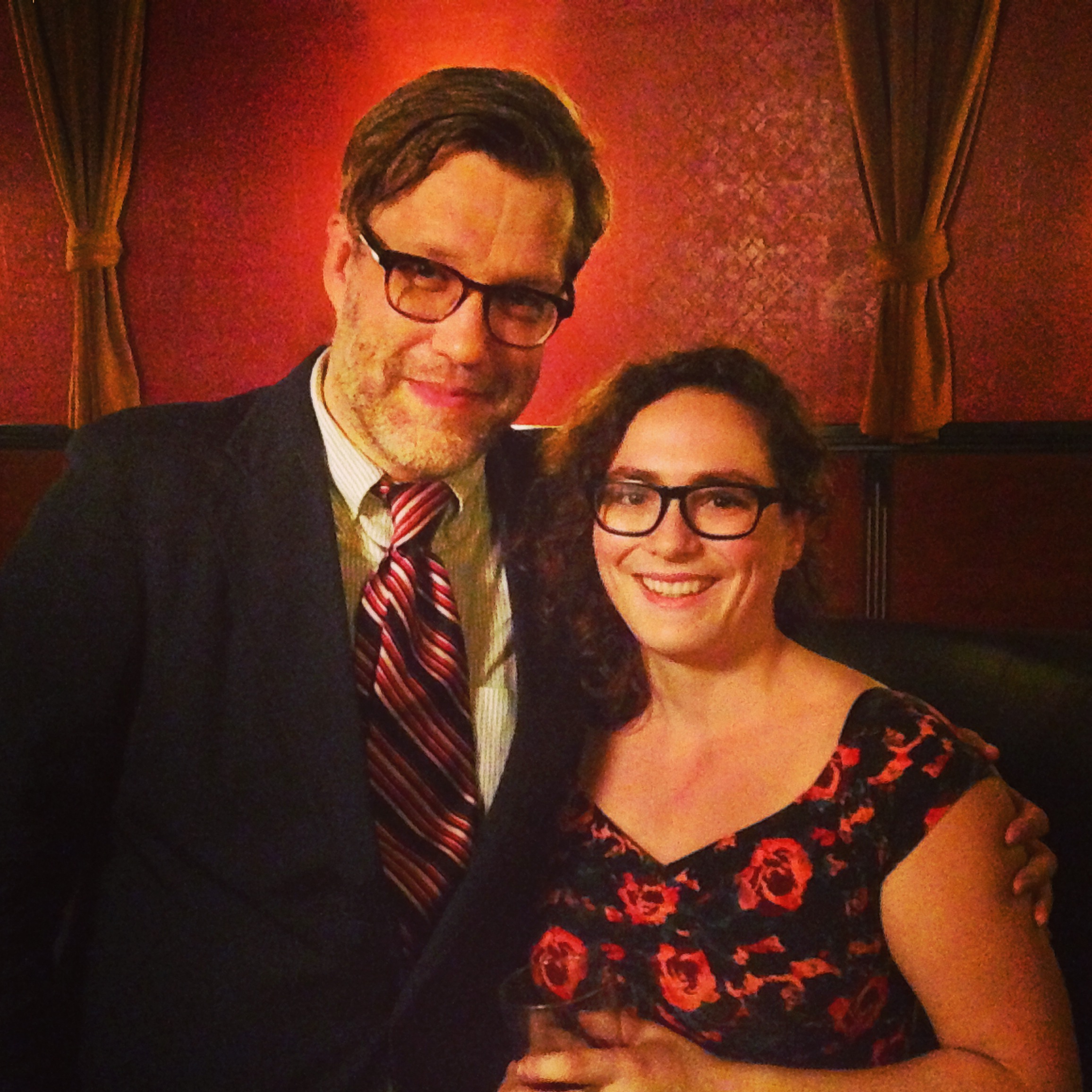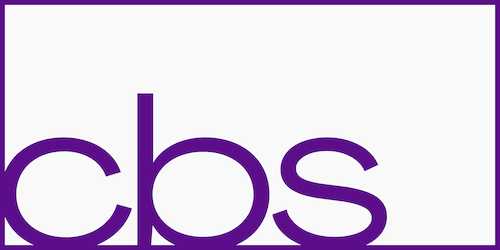
John Roderick’s Rendezvous
September 12, 2014Tuesday night, I attended John Roderick’s Rendezvous, which was a treat and a blast. I had been planning to attend since the first announcement, but was not able to until a couple weeks into the second “semester.” But what is John Roderick’s Rendezvous? The Rendezvous is a Belltown bar and theatre space in Seattle (currently under ownership transition). John Roderick is a singer/songwriter/philosopher/historian/opinion-haver/gentleman who has decided to produce his own program there on a semi-weekly basis. Roderick’s Rendezvous is the perfect platform for Mr. Roderick to perform as he prefers.
The structure of the show is simple: the stage is set to Mr. Roderick’s design, the audience is allowed in a half-hour before the show time to choose their seats and check in with each other (“Have you been to the show before? Who else has he had on?”), an assistant makes announcements and gives an introduction, Mr. Roderick enters and speaks for about ten-minutes, he introduces his guest for the evening, he interviews the guest about their profession and other interesting topics, they speak about their sartorial choices, have a Q + A with the audience, and then they close with a geography question from a regular audience member. No music, some philosophy, and lots of conversation.
Mr. Roderick conversed last night with a long-time friend of his, Tina Meadows, who was there to exemplify citizenship. (It appears that every show has a loose “theme” that Mr. Roderick uses to inspire his initial speech, chosen guest, and interview questions.) Mr. Roderick pointed out that when he and Ms. Meadows met, they had been “occupying the same space for some time” but had only just met then. They should have known each other, but did not, and once they did, it was if they’d known each other forever. I have had this type of encounter before in Seattle, and I find it simultaneously unnerving and comforting. You soon realize that although you wish you had known this person before the moment of meeting, that you met when it was time to meet. The meeting is synchronous in a beautiful way.
Speaking on being a citizen in society and its implications, Mr. Roderick emphasized “coercive citizenship,” which is often a failure. For those who like to live against the grain, being forced into a method of living is ineffective. But being coerced is a proven method that allows the free-thinking individual to arrive at his own conclusions, in the end emphasizing the overall benefits to society. Not to say that one person who doesn’t fall in line will ruin it for the rest of us, but that an attempt to live independently isn’t always the best way to live. He used a specific example of having his driver’s license taken as punishment for returning a UW canoe back late. Although he was able to function in local society without a driver’s license, after some time it became blatantly obvious that he would have to have a photo identification in order to continue to participate in society: specifically the society of friendship.
Annex Theatre survives with participative citizenship. With every meeting, we emphasize that the people in the room are the people who will make the decisions and that everyone is there of their own volition. There is no need to have requirements of anybody (requirements are not the same as expectations) because to ask that of a volunteer will result in no participation at all. Because Annex is an “anarcho-democratic collective,” we are in a way a micro example of society as Mr. Roderick illustrated it. Most of the time we all obey traffic laws and queue in a line because we are told that if we do not, there will be severe consequences, but Mr. Roderick pointed out that “once upon a time” those who lived outside of society (Daniel Boone being the example) did not live outside the law. Now there is no room to live “outside of the law” because as people have spread out within the finite space (specifically the United States of America) the government has had to spread out too.
As Ms. Meadows came out, I continued to think about Mr. Roderick’s point about citizenship and choosing/being forced to participate. As we got to know the guest, we learned that Ms. Meadows has always chosen to participate on whatever path was given to her, enabling her to become a successful electrical engineer who has helmed some impressive projects. They also spoke about Charles Krafft, a local artist who has recently been dismissed because he is a Holocaust denier and who apparently has a secret society that Mr. Roderick joined a number of years ago.
As a theatre experience goes, it nearly isn’t, except that the two people onstage are certainly performing as we all do in front of others. On his podcast, Roderick on the Line, he is gruff and long-winded and paternal. In person he is gregarious and affectionate. Onstage he is also generous but sharp and sparkling, knowing that others are bathing in his magnificence. Although he draws other people of high intellect into his orbits, the audience was rapt with attention. Very few people spoke back to him, and when people became excited about correcting him, he was already three steps ahead of them: catching his mistake, knowing others would correct him, and urging them not to (zppt!). We all put on airs to participate, we all get up and put on our clothes, ride the bus, standing when we’re told to, and we know that following the rules allows us to remain free while improving the existence of those around us. But what happens when we’re no longer free?
The room at the Rendezvous in the Jewelbox Theatre is a sacred space for (in the month of September) weekly meetings where we can join Mr. Roderick as citizens who know that we are there for the betterment of all. See John Roderick’s Rendezvous for yourself; tickets are only $10.

Performance Notes
- The vulnerability of Mr. Roderick and his guest in such an intimate setting was overwhelmingly comforting and I look forward to finding dates to attend as autumn and winter come because it feels much more like a winter show.
- The set looked amazing: a podium (lectern) made of salvaged wood, two green-yellow leather mid-century modern chairs, and a centerpiece of wilting beet greens and an artichoke in a mason jar.
- If continuing to use the podium, I suggest moving the microphone in front of it, since Mr. Roderick has a wide wingspan and gestures while speaking.
- In the interview, Ms. Meadows asked who else had been on the show, and Mr. Roderick realized that everyone was one of his friends, so it had all been white people around the age of 45. Suggestions for non-white interviewees: Valerie Curtis-Newton, Kathy Hsieh, Bob Williams, Ansel Herz (these are all people I’d be interested in learning more about from Mr. Roderick’s perspective).
- Having people on the show who are not intimately connected with Mr. Roderick will enable the guest to have more needs to speak, and Mr. Roderick to listen.
Categorized in: Live Performance, Performance Reviews, Reflection

